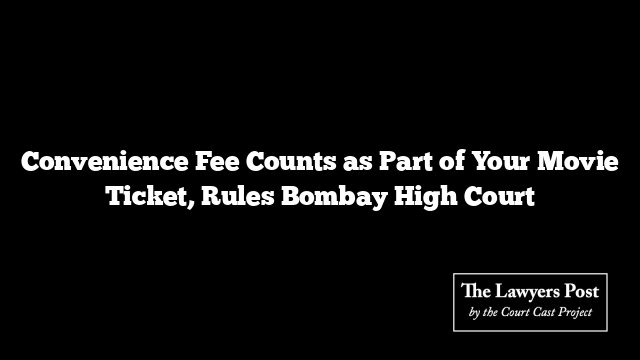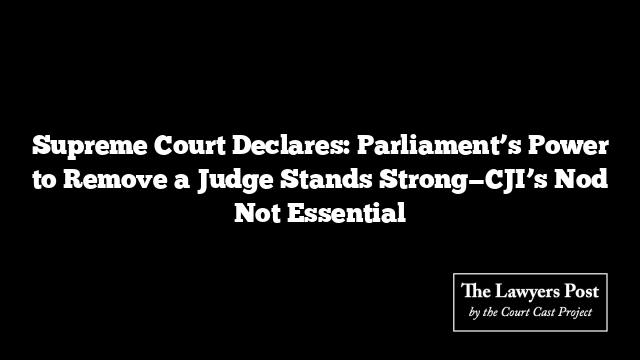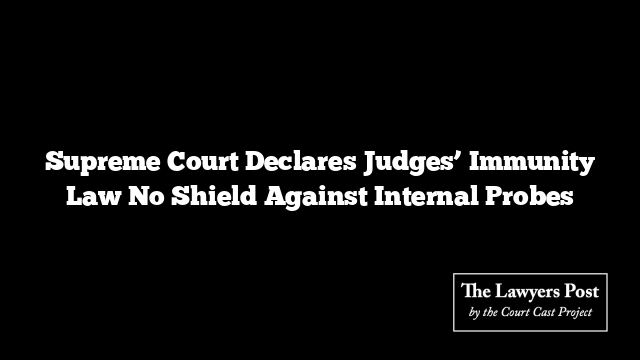In a ruling that could change how your online movie tickets are taxed, the Bombay High Court has declared that the “convenience fee” you pay while booking seats on cinema apps isn’t just a side charge—it’s part of the ticket price itself and therefore falls under entertainment duty.
The decision upholds a 2014 amendment to the Maharashtra Entertainments Duty Act, which allows the State to tax any convenience fee over ₹10 per ticket. A bench comprising Justice MS Sonak and Justice Jitendra Jain said the fee is an “inextricable part” of the online ticket-buying process, enhancing the moviegoing experience by ensuring seamless admission.
Two petitions—one from the Multiplex Association of India and another from BookMyShow—had argued that convenience fees were for a separate service, already taxed under central laws, and couldn’t be lumped with admission charges. They claimed the amendment was unconstitutional, a colourable exercise of power, and lacked proper mechanisms for assessment.
The Court, however, wasn’t convinced. It ruled that the amendment simply adjusted the measure of tax without creating a new levy, and that the State’s broad definitions under the MED Act were wide enough to include convenience fees as part of “payment for admission.” Applying the “pith and substance” doctrine, the judges concluded the tax fell squarely within the State’s legislative powers and didn’t infringe on Union taxation.
Rejecting claims of legislative overreach, the Court said lawmakers had a “free hand” in deciding the tax base, provided it stayed connected to the subject matter of the levy.
With this judgment, the convenience fee—beyond the ₹10 exemption—will continue to attract entertainment duty, making it as much a part of your ticket price as the seat itself.





